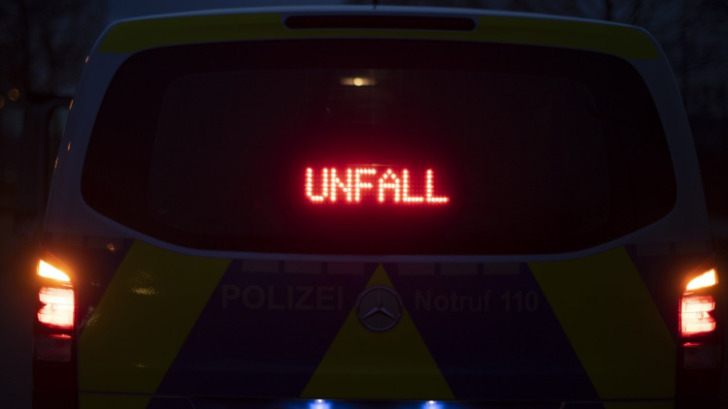A driver who refuses to be tested under the Road Traffic Act for the presence of alcohol and / or drugs in his blood commits two separate administrative violations.
This was decided by the General Assembly of Judges of the Supreme Administrative Court in its interpretative decision, published today.
Interpretative case № 1 of 2021 was initiated at the request of the Prosecutor General of the Republic of Bulgaria for interpretation of the following issue:
“Refusals under Art. 174, para. 3 of the Traffic Act for a driver to check for the presence of alcohol and / or drugs in the blood are two independent violations or one violation, and if there are two violations is the norm of Art. 18 ZANN? ”
The question is related to the interpretation and application of Art. 174, para. 3 of the Road Traffic Act, the court announced.
According to the provision, a driver of a motor vehicle, tram or self-propelled machine who refuses to be tested with a technical device for detecting blood alcohol use and / or a test for detecting the use of narcotic drugs or their analogues or fails to comply with the test prescription with an evidence analyzer or for medical examination and taking of biological samples for chemical laboratory examination to determine the concentration of alcohol in his blood, and / or chemical-toxicological laboratory examination to determine the use of narcotic drugs or their analogues, shall be punished by withdrawal of the driver’s license for a period of 2 years and a fine of BGN 2,000.
According to Art. 18 of the Law on Administrative Offenses, when several administrative violations have been committed with one act or the same person has committed several separate violations, the imposed penalties shall be served separately for each of them.
According to the prevailing opinion in medical science, the driver is intoxicated when during the accident his blood alcohol content is not less than 0.50 per mille, and the plenum of the SAC has adopted the opinion that “in the presence of such alcohol concentration , although not related to external manifestations of intoxication, the driver’s psychophysiological condition is affected and he is not adapted to drive safely. ‘
Concomitant use of alcohol and drugs further enhances the negative effect on the psychomotor functions of the human body, which increases public danger.
Contrary to the legal and life logic and inconsistent with the purpose of the law is the assumption that the two refusals can be equated as legal consequences and degree of public danger of one refusal in one of the inspections, respectively to impose a total penalty of two refusals .
In view of the above, it is necessary to conclude that each of the two refusals fulfills the composition of a violation under Art. 174, para. 3 of the Road Traffic Act.
– .


